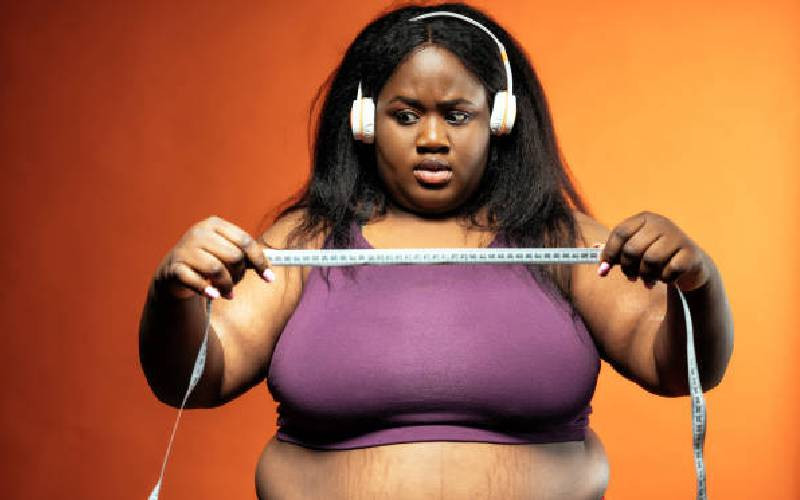×
The Standard e-Paper
Fearless, Trusted News

According to a joint report by Lancet and the World Health Organisation ('WHO'), the world is likely to see a surge in Non-Communicable Diseases ('NCDs') as a result of physical inactivity and unhealthy dietary habits.
It's projected that by 2030 there will be around 500 million new NCD cases and mental health issues. Further, it may cost an estimated 27 billion dollars per year globally to treat these ailments.